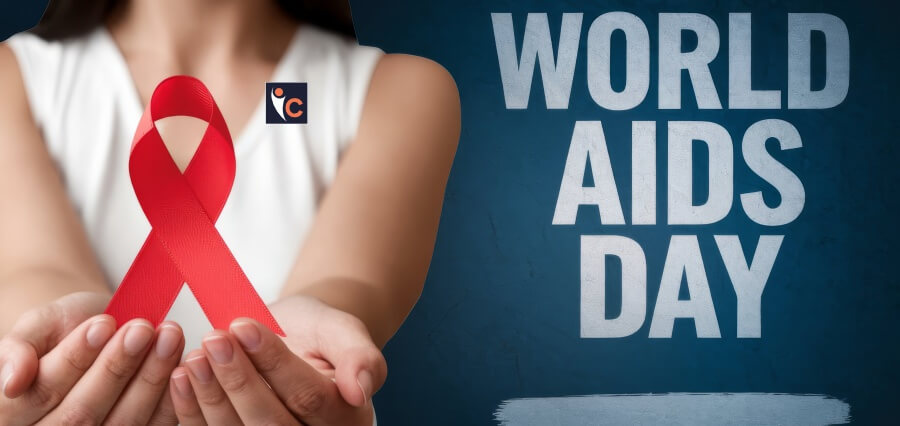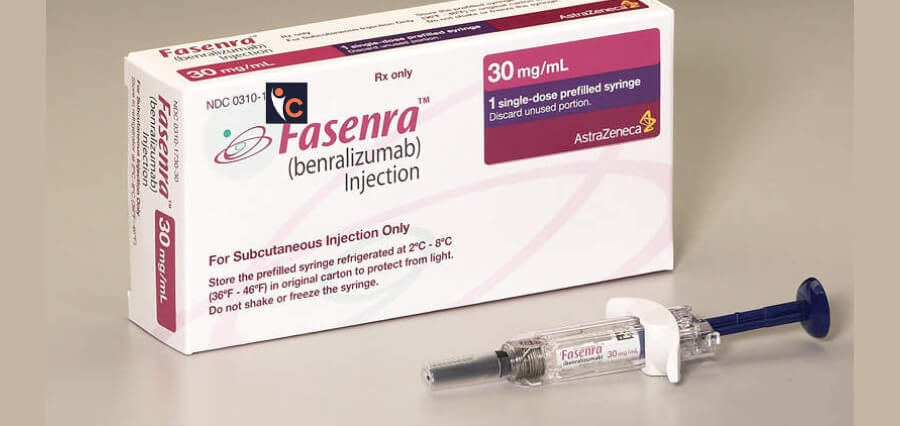New research indicates that a plant-based diet, which is low in dairy and meat but abundant in fruits, vegetables, grains, and nuts, can enhance sexual and urinary health among patients undergoing treatment for localized prostate cancer. Published on February 13, 2024, in the journal Cancer, these findings reinforce earlier research demonstrating the potential of plant-based diets to lower the risk of cancer recurrence and enhance survival rates in men with prostate cancer.
“The current study, led by Stacy Loeb, MD, a urologist in the Departments of Urology and Population Health at NYU Langone Health in New York City, demonstrates for the first time a correlation between consuming a higher proportion of plant-based foods and experiencing better quality of life among patients diagnosed with prostate cancer,” stated the researcher.
For this new study, Loeb and her team analyzed data from over 3,500 men diagnosed with prostate cancer participating in the Health Professionals Follow-Up Study. This ongoing investigation, initiated in 1986 and sponsored by Harvard T.H. Chan School of Public Health, encompasses a dataset of more than 50,000 male professionals in fields such as dentistry, pharmacy, optometry, osteopathy, podiatry, and veterinary medicine.
The median age at diagnosis of prostate cancer was 68 years. Among the patients, 48% underwent radical prostatectomy, while 35% received radiation therapy as their primary treatment. None of the patients had a known history of metastatic disease.
Throughout the study, participants completed a questionnaire every four years detailing the types and quantities of foods they consumed. Additionally, they responded to another survey every two years, which evaluated the frequency of issues such as incontinence, erectile dysfunction, bowel problems, energy levels, mood, and various other health-related concerns.
Loeb and her team categorized patients into quintiles according to the ratio of plant-based to animal-based foods reported in their diets. The researchers discovered that individuals who consumed the highest proportion of plant-based foods demonstrated 8%-11% higher scores in measures of sexual function compared to those who consumed the lowest amount of such foods.
Moreover, these men reported up to 14% better scores for urinary health, experiencing fewer instances of incontinence, obstruction, and irritation. Additionally, they exhibited up to 13% higher scores in hormonal health, characterized by symptoms such as low energy, depression, and hot flashes.
Justin Gregg, MD, a urology researcher at the University of Texas MD Anderson Cancer Center in Houston, Texas, whose investigations have revealed that the Mediterranean diet can decelerate tumor progression in men with localized prostate cancer undergoing active surveillance, characterized the results as “not entirely surprising.” He noted that prior research has demonstrated associations between plant-based diets and outcomes such as erectile function in men without prostate cancer.
On the other hand, Kenneth Jacobsohn, MD, a professor of urology and director of lifestyle medicine at the Medical College of Wisconsin in Milwaukee, Wisconsin, remarked that the new findings contribute to establishing “the positive impact of diet quality and plant-based diets, particularly on quality of life following prostate cancer diagnosis and treatment for men with nonmetastatic prostate cancer.”
Read More: Click Here










